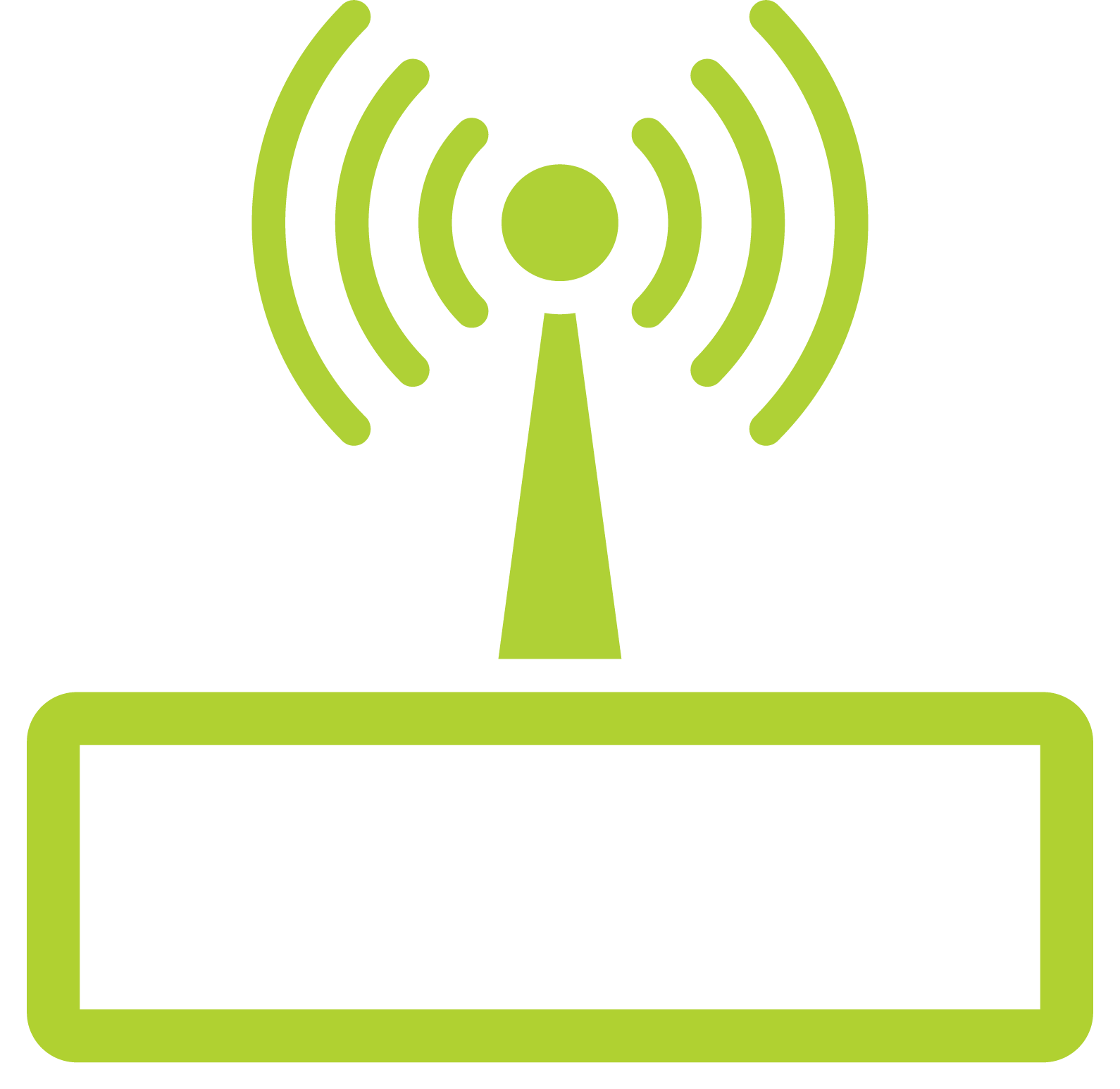Optimizing Cloud Asset Management Approaches for Improved Efficiency in Multi-Unit Units
Optimizing Cloud Asset Management Approaches for Improved Efficiency in Multi-Unit Units
Blog Article
In the current world, numerous individuals live in multi-dwelling units, such as flat complexes and condo complexes. These buildings frequently utilize resources like power, H2O, and internet services. Overseeing these shared utilities efficiently is essential for not only the environment and the residents' well-being. Digital resource administration approaches can help improve the effectiveness of such shared resources. Through using technology and information analytics, property managers can streamline the way resources are utilized, resulting to cost reductions and a better living experience for all.
One effective approach for overseeing resources in multi-unit buildings is the use of intelligent measurement devices. Smart meters offer immediate data on power and water usage. This data allows building managers to detect trends and trends in utility use. For example, if a specific unit consumes considerably more H2O than others, the manager can examine potential leaks or motivate the resident to embrace more water-saving practices. By addressing these concerns promptly, administrators can minimize waste and lower utility expenses for all tenants.
A further important element of cloud utility administration is the implementation of eco-friendly technologies. Numerous multi-unit units can gain from energy-efficient illumination, heating systems, and cooling units. These technologies not just reduce power use but also lower service bills. Property administrators can use cloud-based platforms to monitor the efficiency of such technologies and implement changes as needed. For example, if a heating system unit is not functioning functioning effectively, the administrator can schedule maintenance or improvements to ensure optimal efficiency.
In addition to smart measurement devices and energy-efficient technologies, digital resource administration can improve communication between building administrators and residents. A digital system can provide residents with visibility to their service consumption data, enabling them to track see this site their consumption. This openness motivates residents to be more conscious of their resource use. Additionally, building managers can distribute notifications about maintenance schedules, energy-saving advice, or neighborhood events through the platform. Enhanced interaction fosters a sense of togetherness and motivates residents to participate in utility-saving initiatives.
Finally, adopting cloud resource management strategies can lead to a greater eco-friendly residential space. Through enhancing utility consumption, multi-unit buildings can considerably lower their environmental impact. This is crucial not just for the tenants but also for the planet. As more people become aware of environmental issues, they are likely to appreciate living in a building that prioritizes eco-friendliness. Building administrators who adopt such strategies can draw in eco-conscious aware residents, enhancing the property's reputation and potentially increasing its worth. In conclusion, efficient digital utility administration is crucial for establishing effective, pleasant, and eco-friendly residential environments in multi-dwelling units.